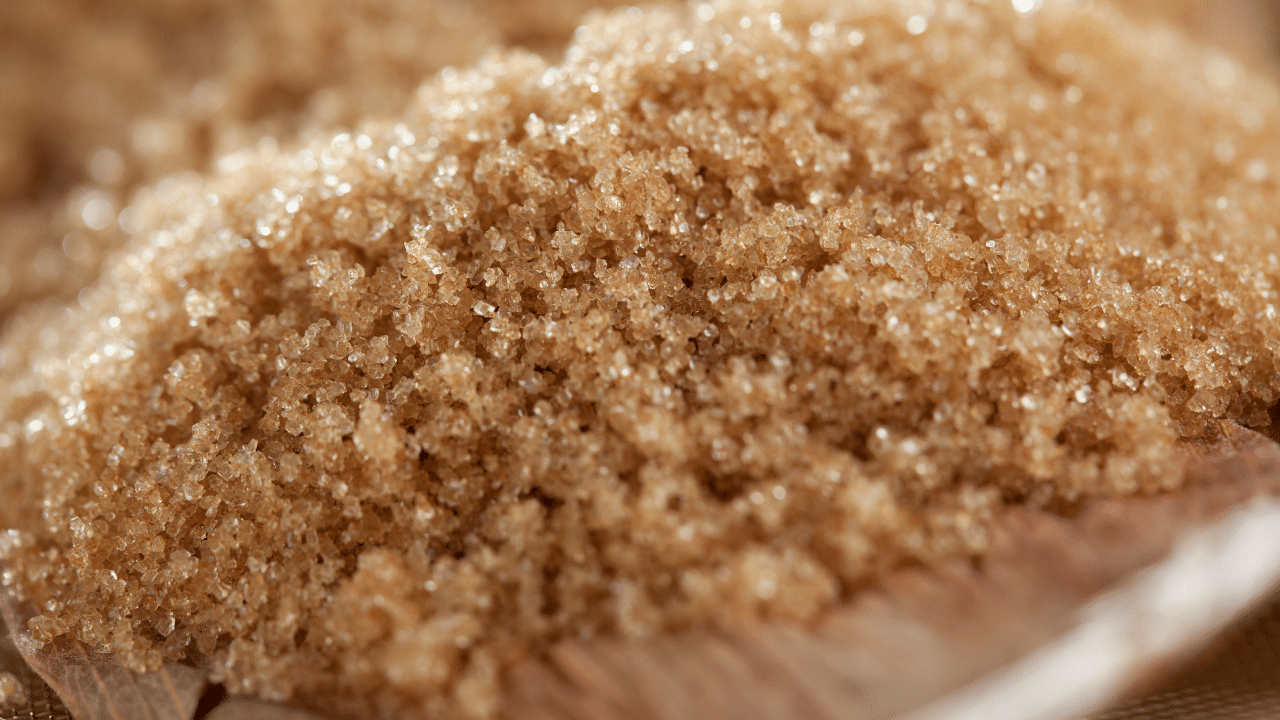Four years after its last shipment, the Philippines will finally be able to export 25,300 metric tons (MT) of raw sugar to the United States this year, according to regulators.
The Sugar Regulatory Administration (SRA) issued Sugar Order No. 3 last Friday, July 26, giving local producers the go-signal to fulfill Washington’s sugar allotment for the Philippines covering the fiscal year 2024.
The order was signed by Agriculture Secretary Franciso Tiu Laurel, Jr., Agriculture Undersecretary Roger Navarro, SRA Administrator and CEO Pablo Luis Azcona, millers’ representative Ma. Mitizi Mangwag and planters’ representative David Andrew Sanson.
To recall, the SRA made an order in 2021 allocating the entire local sugar production to the local market after a series of storms affected sugarcane-producing provinces, including Negros Occidental and Batangas.
The SRA noted current total production of locally produced sugar has surpassed 1.92 million MT, way higher than the 120,000 MT recorded in the previous crop year.
“[This allows] the Philippines to fulfill its US quota allocation of 25,300 MT … This shall be the first export of sugar in fulfillment of the US sugar allocation for the year 2024 in order to participate in future import program,” it said in the order.
The regulator said qualified industry players have renewed their intention to meet the export volume “despite the lower return … and the additional cost and uncertainty inherent to the exportation [of] sugar.” According to the SRA, potential participants must remain licensed international sugar traders in “good standing.”
Plug supply gap
Also on Friday, Washington gave the Philippines the thumbs up to export more raw sugar at lower tariff rates.
According to a statement from the Office of the US Trade Representative, the Philippines would be able to deliver an additional 145,235 MT raw value (MTRV) of raw cane sugar for fiscal year 2025, covering Oct. 1 of this year to Sept. 30, 2025.
The country’s allocation is part of the US commitment under the World Trade Organization Agreement, which entails a minimum of 1,117,195 MTRV reserved by the latter for sugar-exporting nations.
For refined sugar, the government was targeting to import 200,000 MT by the second half of 2024 to stabilize prices and boost local supply. The Philippines imports refined sugar because of the lack of or limited processing capabilities.
“That is the deficit we are seeing. We expect current stocks to decline by August or September, so we need to plug the supply gap by importing 200,000 MT of refined sugar by September or October,” Tiu Laurel said in June. INQ


